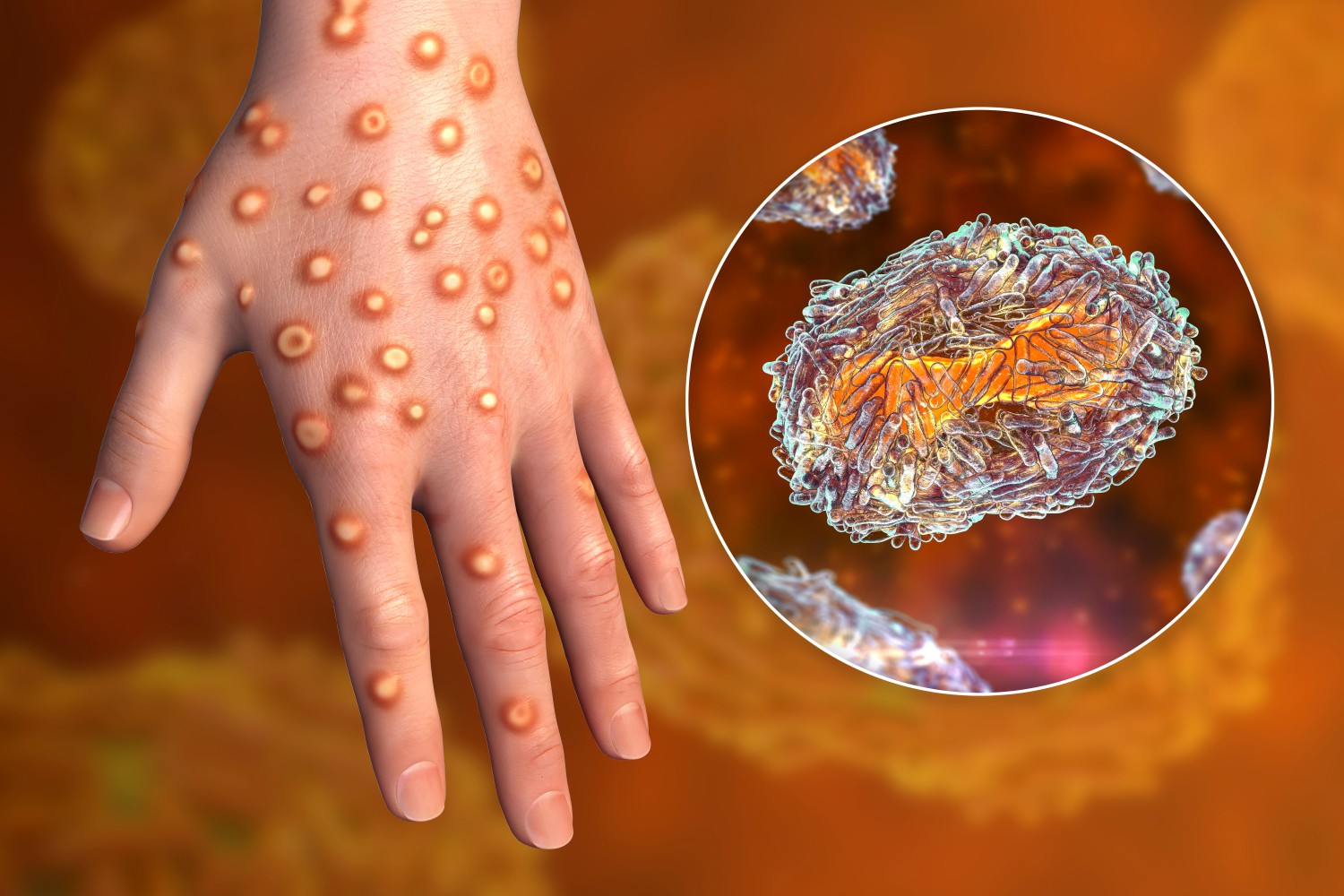How a Rainy Night and Beyoncé Kept DC Metro Running
August 9, 2023
In the captivating world of music and entertainment, artists wield a unique power that extends beyond the boundaries of the stage, leaving an indelible mark on the hearts and minds…

As of Monday, there were 14 confirmed cases of monkeypox in the U.S. with hundreds more reported on a global scale. The 14 domestic cases have been identified in the states of California, Colorado, Florida, Massachusetts, New York, Utah, Virginia, and Washington.
Here is what you need to know about this latest health issue, its symptoms, and your personal risks
Officials with the U.S. Centers for Disease Control and Prevention (CDC) are working to get a handle on the growing monkeypox outbreak. According to CDC Director Rochelle Walensky, there are likely to be more cases confirmed in the coming days as the agency continues to remain vigilant in looking for outbreaks. The first confirmed case on U.S. soil this year happened on May 18 when a Massachusetts resident returned from a trip to Canada and tested positive.
The U.S is not the only country dealing with a monkeypox outbreak. While the virus is typically seen in the largest numbers in Africa, there are increasingly more cases popping up around the world in recent weeks.
The World Health Organization (WHO) released an update on Sunday, reporting that 23 nations have now confirmed cases totaling 257. As of May 26, an additional 120 suspected cases were under investigation. The bulk of the cases have been confirmed in North America and Europe. As a result of the latest reported numbers, the WHO has designated monkeypox as a moderate global risk.
Monkeypox is triggered by the virus of the same name, belonging to the larger Poxvirida family of viruses known as Orthopoxvirus. Other viruses in this subset include smallpox and cowpox. Although monkeypox is similar to smallpox in symptoms, it is fortunately less contagious and deadly.
However, officials warn that the monkeypox virus should not be taken lightly. According to the WHO, monkeypox has a case fatality rate ranging between 3% and 10%, depending on the type. This compares to a fatality rate of about 30% for the most severe form of smallpox.
Similar to cowpox, monkeypox can spread from animals to humans. However, unlike cowpox, monkeypox can also spread from humans to humans. This spread typically happens through close contact with body fluids or lesions.
Monkeypox can also spread through respiratory droplets, however, contact must be within a few feet. Transmission through droplets requires a prolonged close contact. This varies from the COVID-19 virus which can readily spread in large gatherings. The WHO said that health care workers and household members of those with the virus are the most at risk of contracting the virus.
Transmission of the virus has also been shown to happen via the placenta from parent to fetus. In addition, the virus has been shown to spread through contaminated bedding or other types of materials.
One of the most challenging elements of monkeypox is its lengthy incubation period, ranging from six to 13 days. This long period of time between exposure to the onset of symptoms can make it difficult to contact trace.
Health experts categorize the virus in two stages. The first stage, known as the invasive period, is characterized by symptoms that mimic the flu. This includes headache, swollen lymph nodes, fever, muscle aches and pains, back pain, and lethargy.
The second stage of the virus is distinguished by the presence of visible skin eruptions. This stage begins with a rash that is focused on the face and extremities. The rash then evolves from flat lesions to raised bumps filled with a yellow or clear fluid. These lesions typically scab over after about two or three weeks.
The WHO estimates that a previous vaccination against smallpox is about 85% effective in preventing the similar monkeypox virus. However, mass vaccinations against smallpox were ended after the virus had been eradicated in 1980. Because of this, those individuals younger than 50 years old may be more likely to contract monkeypox.
Not surprisingly, the most severe cases of monkeypox have occurred in children. The virus is also being reported in higher amounts in men versus women. Other risk factors include pregnancy or health conditions that suppress the immune system.
The good news is that there is already a vaccine that has been developed to prevent infection with monkeypox. The U.S. is releasing vials of the monkeypox vaccine from the Strategic National Stockpile and distributing them to high-risk Americans. This is defined as health care workers and those who have direct contact with people infected with the virus. Because there are only about 1,000 doses of the vaccine in the national stockpile, production on additional doses is underway.
Walensky said that the U.S. has two different preventative vaccines as well as two antiviral treatments. The CDC is working to mobilize the dissemination of these vaccines and treatments to the areas around the country dealing with outbreaks.
Did you find this content useful? Feel free to bookmark or to post to your timeline for reference later!